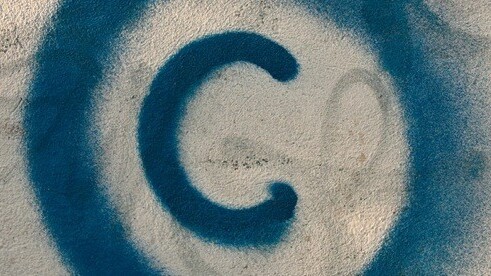
Back in 2011, popular Dutch blog GeenStijl got in trouble for posting a link to a collection of leaked Playboy photos hosted on file-hosting service FileFactory.
Sanoma – the publisher that handles Playboy’s distribution in the Netherlands – managed to secure the removal of the photos from FileFactory, but GeenStijl continued to link to other public sources where the material was still available.
This is when the Dutch Court stepped in with an inquiry to the European Court of Justice (ECJ) to help ascertain whether GeenStijl’s practice facilitates infringement under the Copyright Directive.
Yesterday EU Advocate General Melchior Wathelet finally offered his opinion on the issue.
In an advisory report to the ECJ, Wathelet said that while hyperlinks – like the ones in question – simplify the discovery of the copyrighted content, they do not exactly qualify as copyright infringement.
According to the advocate general, hyperlinking does not infringe on the Copyright Directive so long as the material linked is already freely available on another website.
The fine line in such cases falls between the act of making content available and facilitating its discovery.
In Wathelet’s expertise it is only the former that qualifies as an illegal ‘act of communication to the public’ and not the latter. This means that as long as you do not upload pirated content, you are not doing anything illegal by providing links to the material.
The ECJ is yet to issue a final ruling, but regardless of the outcome the Court emphasizes that Wathelet’s advice will only apply to this specific case.
The decision, however, could have wider implications for a number of publishers, bloggers and Web users that won’t have to worry anymore about breaking the law by incidentally linking to pirated content.
The opinion of the advocate general is not binding, but the ECJ often uses such advice as the basis of rulings. The final verdict will be announced later this year.
Get the TNW newsletter
Get the most important tech news in your inbox each week.




